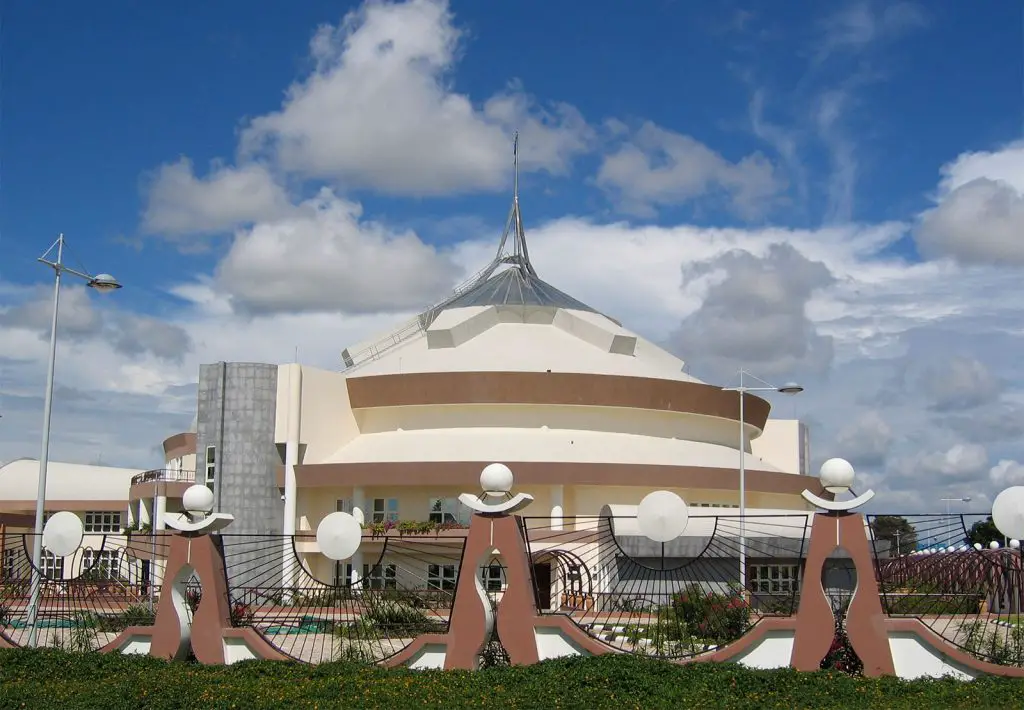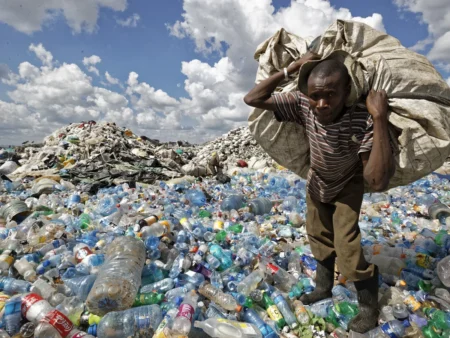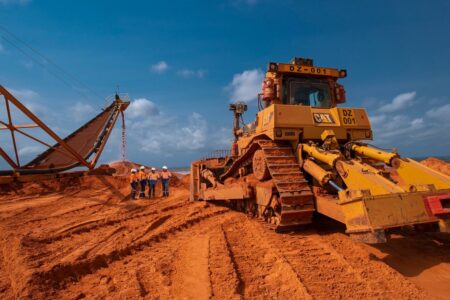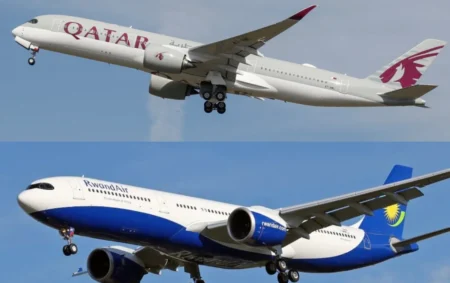It may be located hundreds of kilometres away from the former capital city Dar es Salaam, with its skyscrapers and high influx of people, Dodoma is Tanzania’s new primary geographical status. After more than 45 years of attempting to move, the relocation is real this time. Dodoma is the capital city of Tanzania, with over
[elementor-template id="94265"]











